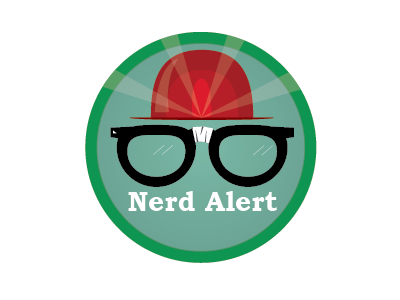Logic Models: Love 'em or hate 'em? Let's talk!


Hello all - Maryn Boess, Total Logic Model Nerd here!
Putting the final touches on the training, "The Change Map and the Logic Model," and got to thinking.
I think lots of folks (sadly) have had bad experiences with Logic Models and I get that! But there's a reason I'm a Total Logic Model Nerd - and I bet at least a few of you are, too.
Let's talk about that! Questions to weigh in on:
- What's the first word that comes to mind when you think "Logic Model"? Why ?
- Where did you first encounter Logic Models and what was that like for you?
- IF YOU HATE 'EM: What do you think is going on? Bad experience? Bad training? Don't make sense? Take too much time? Other?
- IF YOU LOVE 'EM: What do you love about them? How do you use them in your org? How do you help make sure they work for you and your team?
ALSO: If you joined me for the GrantHub training on July 22 and have more questions about Logic Models feel free to post them here - I'll be happy to respond!
Maryn Boess, GrantsMagic U
Comments
-
I also love logic models! To me, the first word that comes to mind when I think of logic models is bringing order out of chaos.
My first exposure to logic models was when a grant required it and I had to figure out what it was so I could figure out how to provide it in the grant. I went straight into the deep end!
Since then, I have brought them to many organizations through my consulting firm. We use them for program and project planning whether with organizational leadership and boards or with program and project teams. Depending upon what kind team it is, we start with different columns which resonate the most with them and then work forward and backward to show them how they are all connected.
I loved your training on the 22nd! Thank you for presenting.
Julie Assel, GPC
President/CEO
2 -
Hey Julie, what a treat to "see" you here - you slipped into my webinar unannounced! There are a lot of us Logic Model nerds in GPA, and for good reason.
I have had students use Logic Models to: Plan out a novel-writing project; plan and manage the process of college applications; plan out a major garden renovation. They are like a Swiss army knife tool for more organized living, right? 😉
3 -
Such a great session! Here is the chat log that was requested from the session.
1 -
THEORY OF CHANGE: There was some lively conversation in the chat, and in our questions, about the relation between a Logic Model (sometimes called a "logframe," or "logical framework") and a Theory of Change model. Wikipedia isn't always the most robust source of info but I thought its article on Theory of Change answers a lot of questions: https://en.wikipedia.org/wiki/Theory_of_change - even if it doesn't necessarily definitively answer the question what "Theory of Change" means and how it's used in the current context. I suspect like many things it's a concept that is a bit wobbly in its general application ... And more complex Logic Models do in fact incorporate more of the complex contextual elements of the traditional Theory of Change. So the distinction between the two maybe is not as clear these days as it could or even should be!
1





